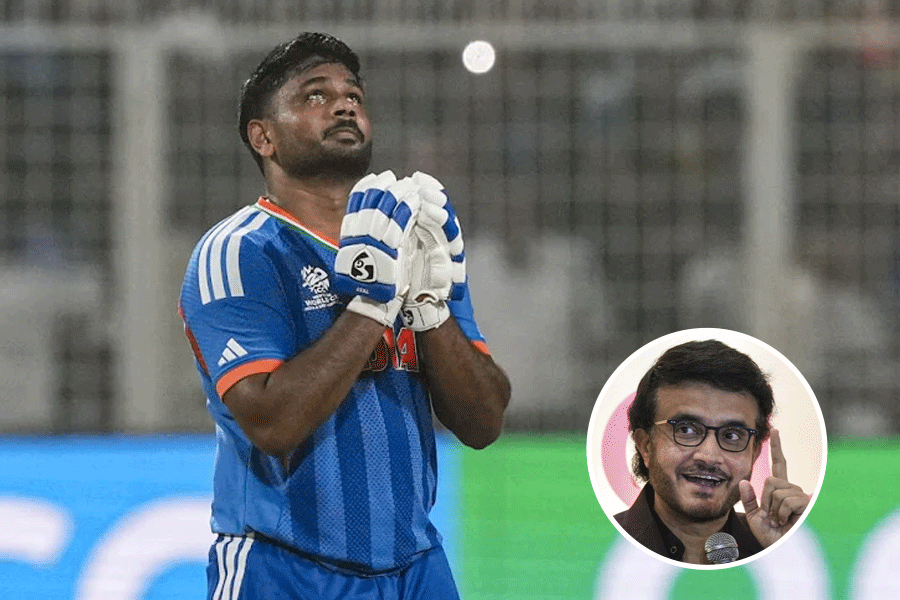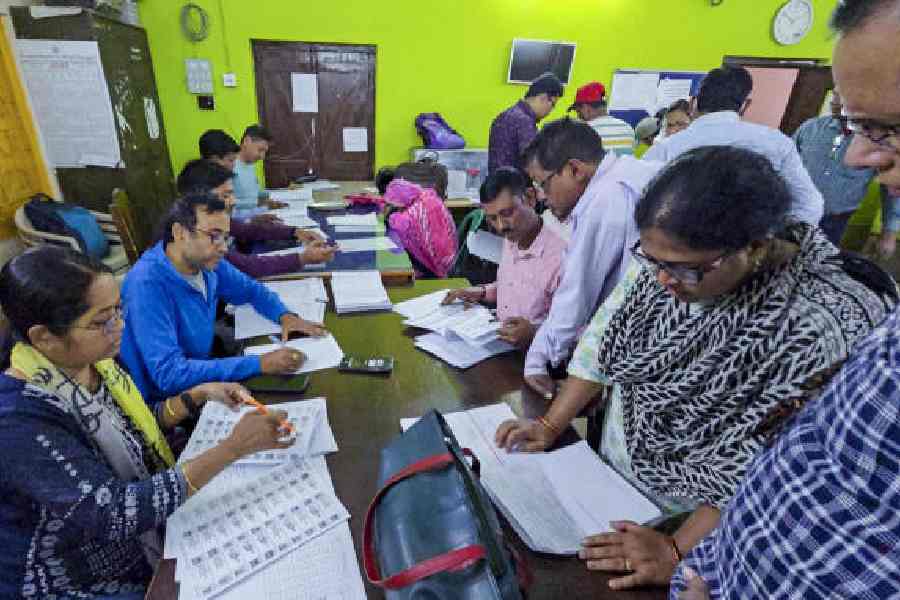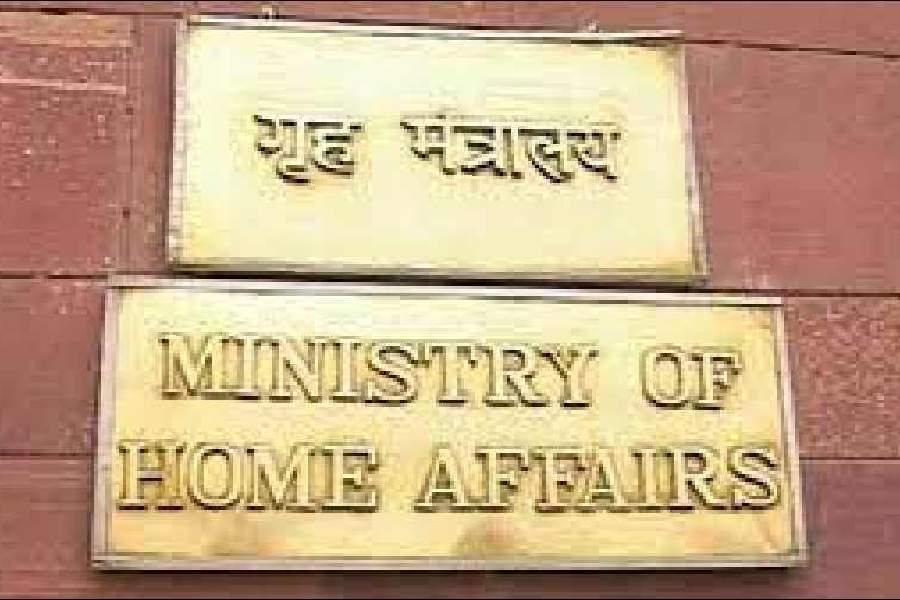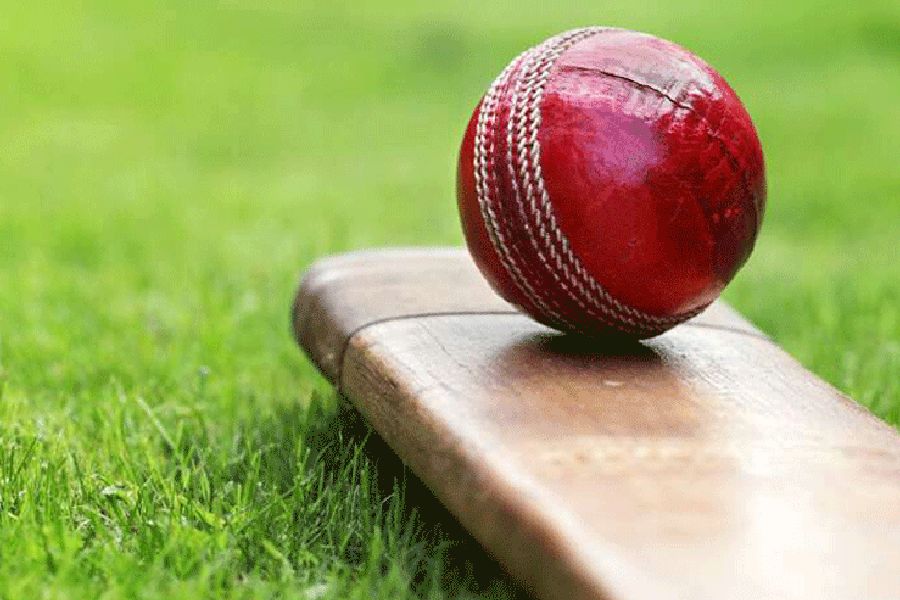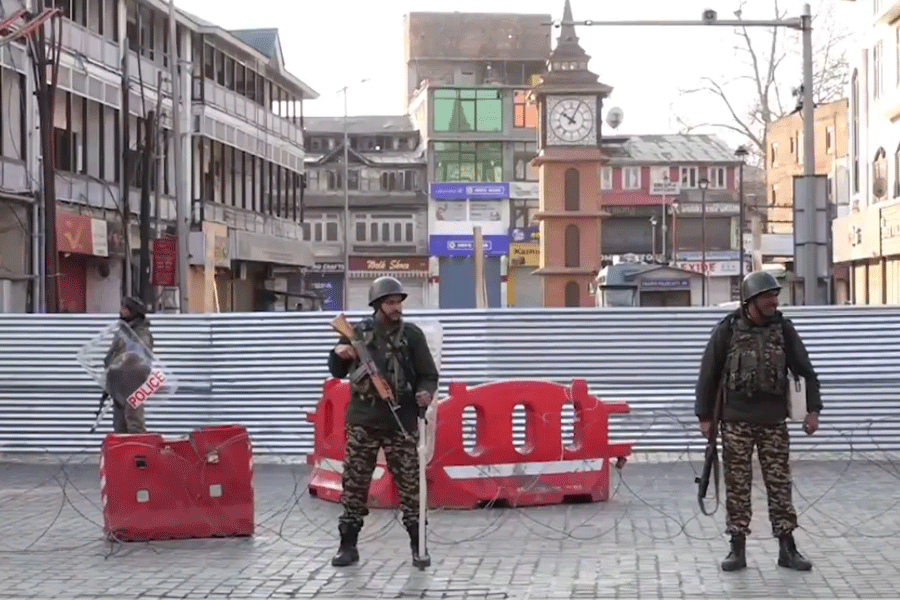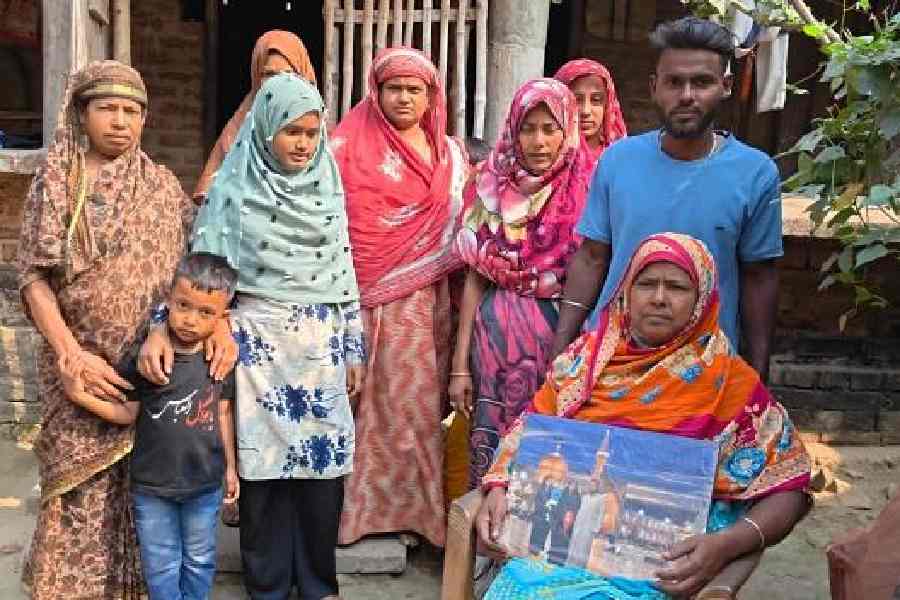Answering frantic calls, Bhairab Gope, 44, tried to swallow his lunch as fast as he could at the Maa Canteen outside the SSKM Hospital on a crisp November afternoon.
The weathered, mild-mannered man juggled a folderful of photocopied documents, his theadbare jute bag stuffed with plastic containers and a ₹5 plate of the state-subsidised lunch of rice, dal, veggies and egg curry, before rushing home off Sarat Bose Road.
The area sounds posh, but the tea-and-snacks stall-owner is a slum-dweller. His daughter, a middle-schooler, was calling him home urgently as a second visit by their booth-level officer (BLO) was imminent for the contentious special intensive revision (SIR) of the Bengal electoral rolls by the Election Commission of India.
The enumeration forms for four of his seven-member family, filled out to the best of his ability, given his incomplete secondary education, had to be submitted. The oldest of the four, his mother Shilarani Gope, was born in a Howrah village in 1961 and moved to Calcutta after her marriage in 1979, two years before Bhairab was born here.
For reasons unknown, Shilarani's name doesn't feature in the 2002 roll, the benchmark set by the EC. Nor does her husband Boiragi's, as he died in 1995. Both had voted in the city, albeit intermittently, since the 1984 Lok Sabha polls.
"We are spending sleepless nights, dadabhai. We thought Didi (chief minister Mamata Banerjee) will prevent SIR, but it is happening. What if my mother's name gets removed? She has documents, but there is no guarantee," he said.
"Yes, she might not actually get detained or deported. But I will have to run from pillar to post, keeping my stall shut and losing my daily income, around ₹750, for days. Maybe SIR was necessary, but it has caused immense problems for almost every family I know," said the harried voter from the Ballygunge Assembly constituency. "We have no Bangladesh connection. We aren't Muslim."
Around 20km to the northeast of Sarat Bose Road, in Kaikhali of the Rajarhat-New Town Assembly constituency, physiotherapist Sahadeb Basak (name changed on request) has a more serious problem. The BLO could not trace his parental linkage, unsurprising to Sahadeb, as he is originally from Tangail in Bangladesh.
He entered India in 2004 to escape majoritarian persecution with two elder brothers at age 15, and became an elector here in 2009.
The English-speaking flatowner with wealthy clients across Lake Town, Salt Lake and New Town eventually married a city girl. They have a school-going daughter. He obviously failed to provide parental documents to prove their presence in the 2002 roll. His form is scrutiny-bound.
"Close relatives of several IAS-IPS officers are among my clients. I am not really worried. I get why the BJP is doing this... but this is tremendous harassment that could anger many, and I don't mean only Bangladeshis or Muslims," he said. "Frankly, I am not going to keep voting for the BJP," he added, in what would be music to chief minister Mamata Banerjee's ears.
The Trinamool Congress chief has been unrelenting for months in her attacks on the saffron regime over the “backdoor NRC” in the form of the SIR, which she says is a “conspiracy to disenfranchise” the poor and the marginalised, who she believes are not the BJP's vote bank.
Sahadeb and Bhairab have for anxious company lakhs among the 90-odd lakh electors in the 35 Assembly seats (including core Calcutta's 11) that this densely populated metropolis comprises. This anxiety transcends socioeconomic divides. In the Lok Sabha election last year, Trinamool led in 31 of the Assembly segments, the BJP in four.
These diverse, cosmopolitan seats have an estimated 20-35 per cent religious minority population (Muslims, Christians, Jains, Sikhs, Buddhists), besides a substantial number of ethnolinguistic minorities such as Marwaris, Gujaratis, Biharis, Punjabis, Urdu-speakers, Odias, Marathis. Caste equations have not played a role electorally in recent memory here, possibly because barely 6 per cent of the population belong to the Scheduled Castes and Scheduled Tribes, taken together.
Every Muslim Calcuttan this correspondent spoke to unequivocally condemned the SIR as an opaque, exclusionary and "anti-Muslim" instrument of the BJP.
In contrast, some Hindus in elite circles seemed to believe in the "need" for the SIR.
"The Election Commission of India, empowered by the Constitution, is well within its rights to carry out the SIR. Only citizens should be voters, therefore citizenship has to be verified.... It is imperative for this state, whose back is broken by the burden of decades of infiltration and allied electoral malpractice keeping illegitimate governments alive. As an upstanding citizen, I am willing to undertake any sacrifice to see this is done," said Salt Lake resident and Bidhannagar Assembly constituency elector Shusrut Chatterjee (name changed on request), a Big Four techie in his fifties.
Others, such as 32-year-old Sourav C. Khandelwal, beg to fiercely differ.
"Let me be very clear, we come from a place of considerable privilege, and the SIR has made no difference to our lives," said the corporate lawyer, who divides his time between Calcutta, Mumbai and New York.
"Having said that, I do not for a moment believe the SIR needed to be carried out this drastically here, in such a short time. It is making the lives of crores of common people unnecessarily difficult, only to serve a petty political goal," added the Manoharpukur resident who is a voter in the Rashbehari Assembly seat. "I have tried in my spare time to fill out and submit forms online of as many people as I could from a slum area not far from my home here. Probably over a hundred, by now. One out of every two does not meet the criteria for a smooth sail, and it is not their fault. The burden of proof shouldn't have been theirs."
Multiple saffron camp insiders are jittery over the electoral outcome of the SIR.
"Nobody in the BJP actually knows whether this is failsafe in the special case of this partitioned border state, which has a generally pluralist, inclusive ethos that our bovine belt leadership has failed to comprehend," said a BJP insider on condition of anonymity.
The insider said that this BJP-backed exercise could backfire on the party in Bengal, infuriating vast sections of inconvenienced Hindus who voted for the saffron camp. "The thought gives me ulcers," the insider said.


